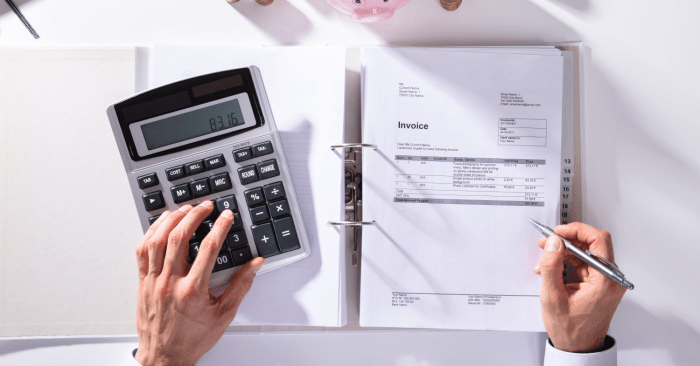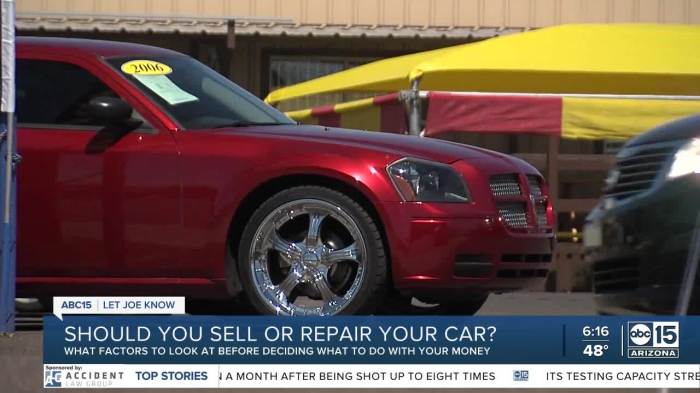A repair bill for your car is $553 – a scenario that can leave you feeling overwhelmed. This guide will provide you with a comprehensive understanding of car repair bills, including a breakdown of costs, payment options, and tips for negotiation and dispute resolution.
By the end of this article, you’ll be equipped with the knowledge and tools to navigate the complexities of car repairs and make informed decisions about your vehicle’s maintenance.
Understanding the components of a car repair bill is crucial. It typically includes sections for parts, labor, and taxes. The cost of repairs can vary significantly depending on factors such as the type of vehicle, the extent of damage, and the location of the repair shop.
Car Repair Bill Analysis: A Repair Bill For Your Car Is 3

A car repair bill is a detailed invoice that Artikels the services, parts, and labor required to repair a vehicle. It serves as a record of the work performed and the associated costs, providing transparency and accountability between the repair shop and the customer.
A typical car repair bill includes several sections:
- Customer information (name, contact details, vehicle information)
- Repair order number and date
- List of services performed, including a description and the corresponding labor charges
- List of parts used, including the part number, description, and price
- Labor charges, including the hourly rate and the number of hours worked
- Taxes and fees
Cost Breakdown
| Service | Parts | Labor | Taxes |
|---|---|---|---|
| Engine repair | $200 | $300 | $20 |
| Brake replacement | $150 | $100 | $15 |
| Oil change | $20 | $20 | $2 |
| Diagnostics | $50 | $50 | $5 |
| Total | $553 | ||
The cost of car repairs can vary significantly depending on several factors:
- Type of vehicle: Luxury or high-performance vehicles typically require more expensive parts and labor.
- Extent of damage: More extensive damage requires more parts and labor, increasing the cost.
- Location of repair shop: Labor rates and parts availability can vary based on the location.
Payment Options
There are several payment options available for car repair bills:
- Cash:Paying in cash offers the advantage of immediate payment and no additional fees.
- Credit cards:Credit cards provide convenience and allow for monthly payments, but may incur interest charges if not paid off promptly.
- Financing:Financing options may be available through the repair shop or third-party lenders, allowing customers to spread the cost over a longer period, but may also involve interest charges.
Warranty and Insurance
Warranties and insurance can play a role in covering car repair costs:
- Warranties:Manufacturer’s warranties cover repairs for specific components or systems within a certain time frame or mileage limit.
- Insurance:Collision and comprehensive insurance policies may cover repair costs resulting from accidents or other covered events.
Negotiation and Dispute Resolution
To reduce the cost of repairs, customers can consider:
- Negotiating with repair shops:Customers can politely inquire about discounts or lower labor rates.
- Getting multiple quotes:Comparing quotes from different repair shops can help ensure competitive pricing.
- Using aftermarket parts:Aftermarket parts, which are manufactured by third parties, can be less expensive than original equipment manufacturer (OEM) parts.
In case of disputes with repair shops, customers can:
- Contact the Better Business Bureau (BBB):The BBB can mediate disputes and provide guidance.
- File a complaint with the state attorney general’s office:This may be necessary if the dispute cannot be resolved directly with the repair shop.
DIY Repairs

Performing car repairs oneself can potentially save money, but it requires the necessary skills and tools:
- Suitable repairs:Simple tasks like oil changes or brake pad replacements can be suitable for DIY repairs.
- Tools and skills:Adequate tools and mechanical skills are essential to ensure proper repairs.
- Safety precautions:Always prioritize safety when performing DIY repairs and follow proper procedures.
Car Maintenance and Prevention
Regular car maintenance can help prevent costly repairs:
- Regular oil changes:Oil changes lubricate engine components and prevent wear.
- Tire rotations and alignments:Proper tire maintenance ensures optimal performance and extends tire life.
- Brake inspections:Regular brake inspections help identify and address potential issues early on.
- Battery checks:Battery checks ensure the battery is functioning properly and prevent unexpected breakdowns.
Detailed FAQs
What factors influence the cost of car repairs?
The type of vehicle, the extent of damage, the location of the repair shop, and the availability of parts can all impact the cost of repairs.
What payment options are available for car repair bills?
Cash, credit cards, and financing are common payment options for car repair bills. Each method has its own advantages and disadvantages.
How can I negotiate with repair shops to reduce the cost of repairs?
Research repair costs, get multiple quotes, and be prepared to discuss your budget with the repair shop. You may also be able to negotiate a payment plan.